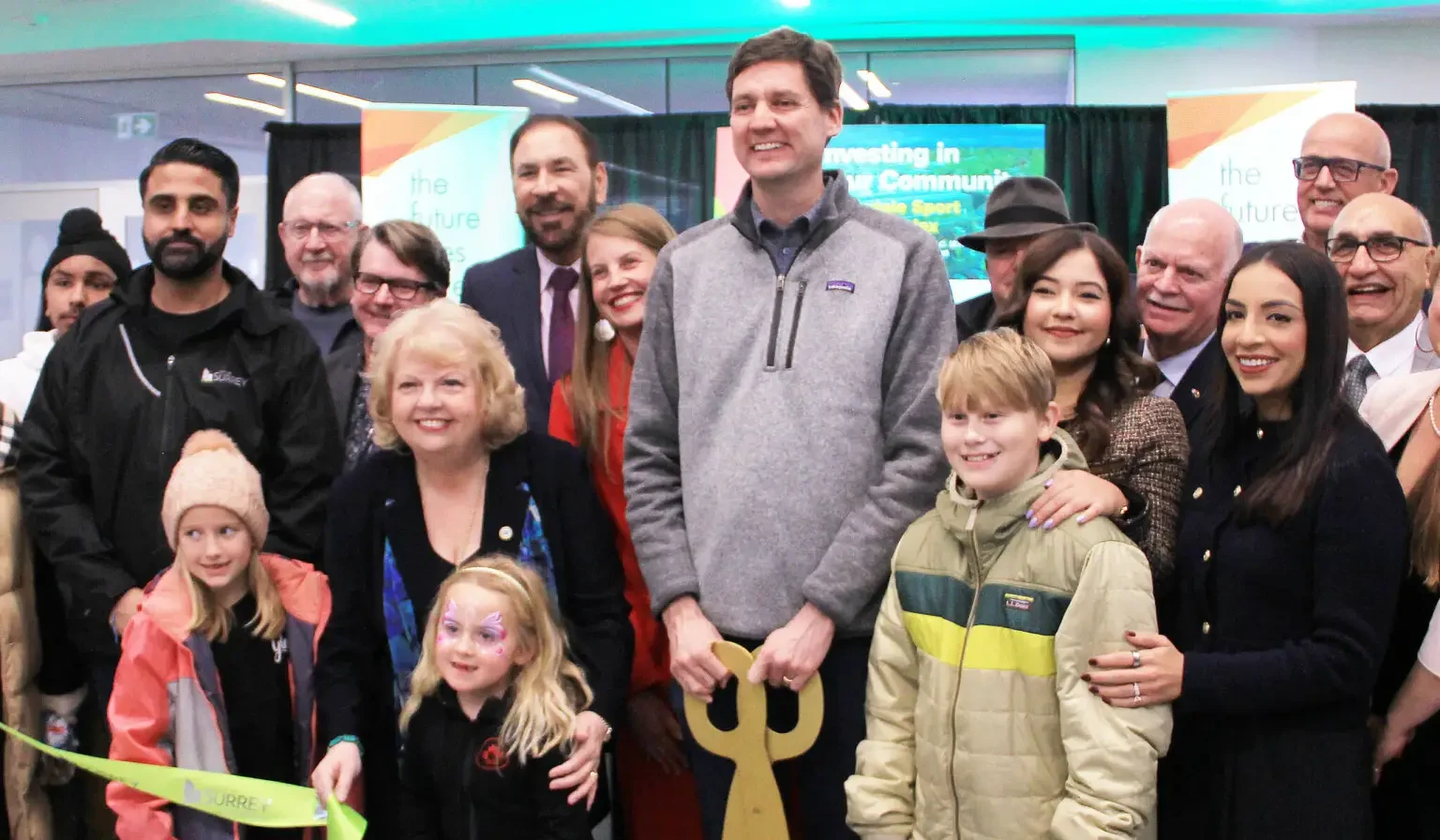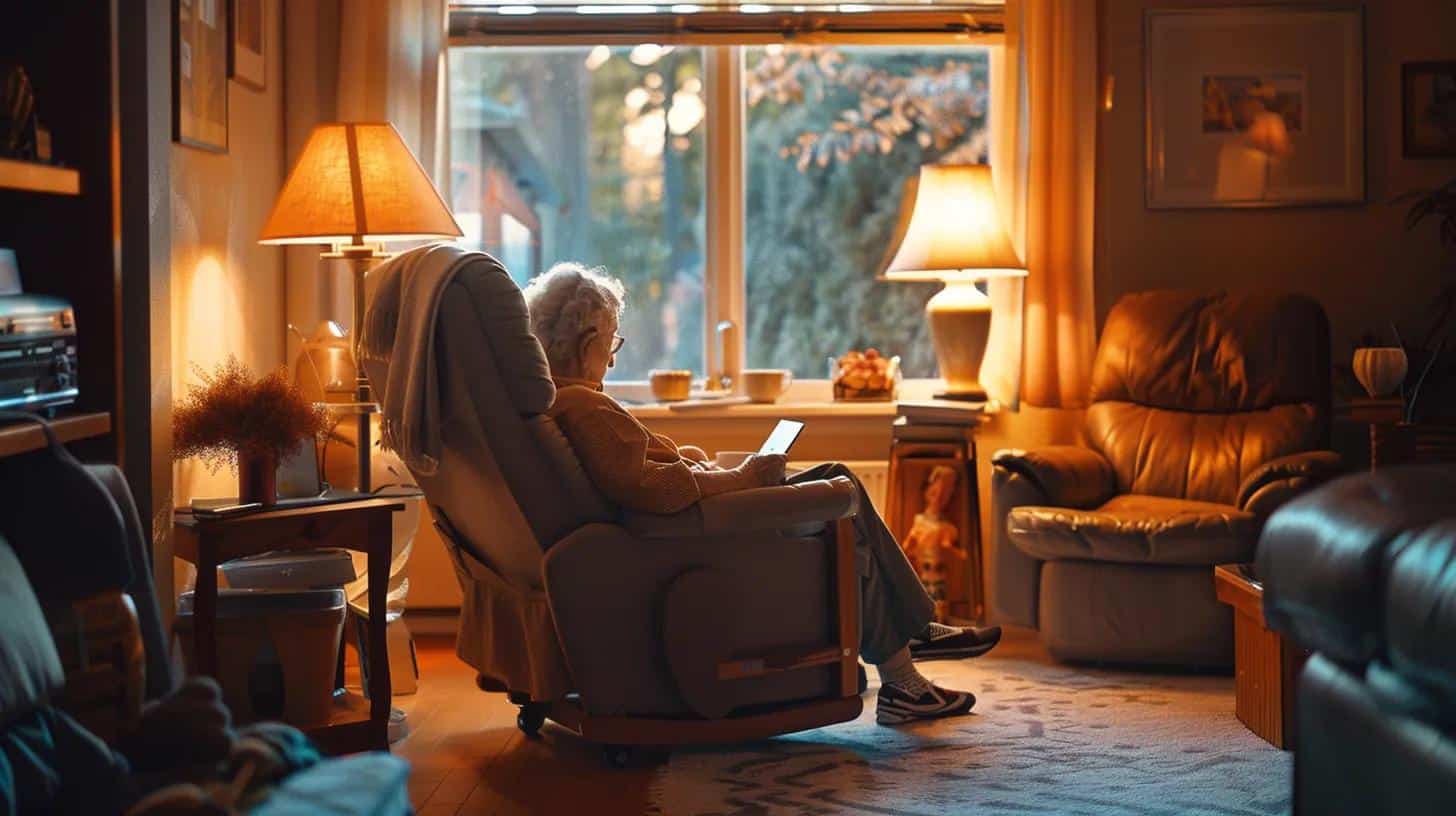In a world that glorifies speed, productivity, and constant connectivity, a quiet revolution is taking shape. More people are turning away from the noise of modern life and embracing quiet living—a slower, more intentional lifestyle that prioritizes peace, balance, and wellbeing over endless hustle.
What Is Quiet Living?
Quiet living doesn’t necessarily mean silence or isolation. Instead, it’s about slowing down and making deliberate choices that align with your values. It’s choosing mindful mornings instead of rushed commutes, nature walks instead of crowded malls, home-cooked meals over takeout, and fewer but deeper social connections.
At its core, quiet living is a response to the overstimulation and burnout caused by the always-on culture of modern life.
Why the Shift Toward Slow Lifestyles?
Several factors are driving this trend:
- Burnout and Mental Health Awareness
The rise of stress-related illnesses has pushed many to rethink their pace of life. Quiet living offers a chance to recover, recharge, and protect mental wellbeing. - Technology Overload
Constant notifications, social media pressure, and information overload are leaving people drained. More are choosing digital detoxes and screen-free time to regain focus. - Environmental Concerns
Living slower often means consuming less, reusing more, and making sustainable choices. The quiet lifestyle naturally aligns with eco-friendly practices. - The Pandemic Effect
The COVID-19 era showed many the value of slower days, home routines, and meaningful connections. That lesson continues to influence lifestyle choices.
What Quiet Living Looks Like in Practice
- Simplifying daily routines – fewer commitments, less multitasking.
- Mindful consumption – buying quality over quantity, and reducing waste.
- Time in nature – hikes, gardening, or simply sitting outdoors.
- Intentional tech use – setting boundaries for phone and social media time.
- Prioritizing rest – valuing sleep, reflection, and calm spaces.
It’s not about rejecting modern life, but about finding balance within it.
Benefits of Embracing a Quiet Life
- Improved mental clarity and reduced stress.
- Stronger, more meaningful relationships.
- Greater creativity that comes from stillness and focus.
- Lower environmental footprint through mindful choices.
- A deeper sense of contentment—finding joy in small, everyday moments.
Is Quiet Living for Everyone?
Not everyone can—or wants to—move to a cabin in the woods. But even small changes can bring elements of quiet living into daily life. Setting tech-free hours, creating cozy spaces at home, or saying “no” to unnecessary commitments can all contribute to a calmer lifestyle.
The Takeaway
Quiet living isn’t about escaping the world—it’s about reshaping the way we engage with it. In 2025, as more people seek alternatives to burnout and consumerism, the slow lifestyle movement is more than a passing trend; it’s a blueprint for a healthier, more sustainable future.



























